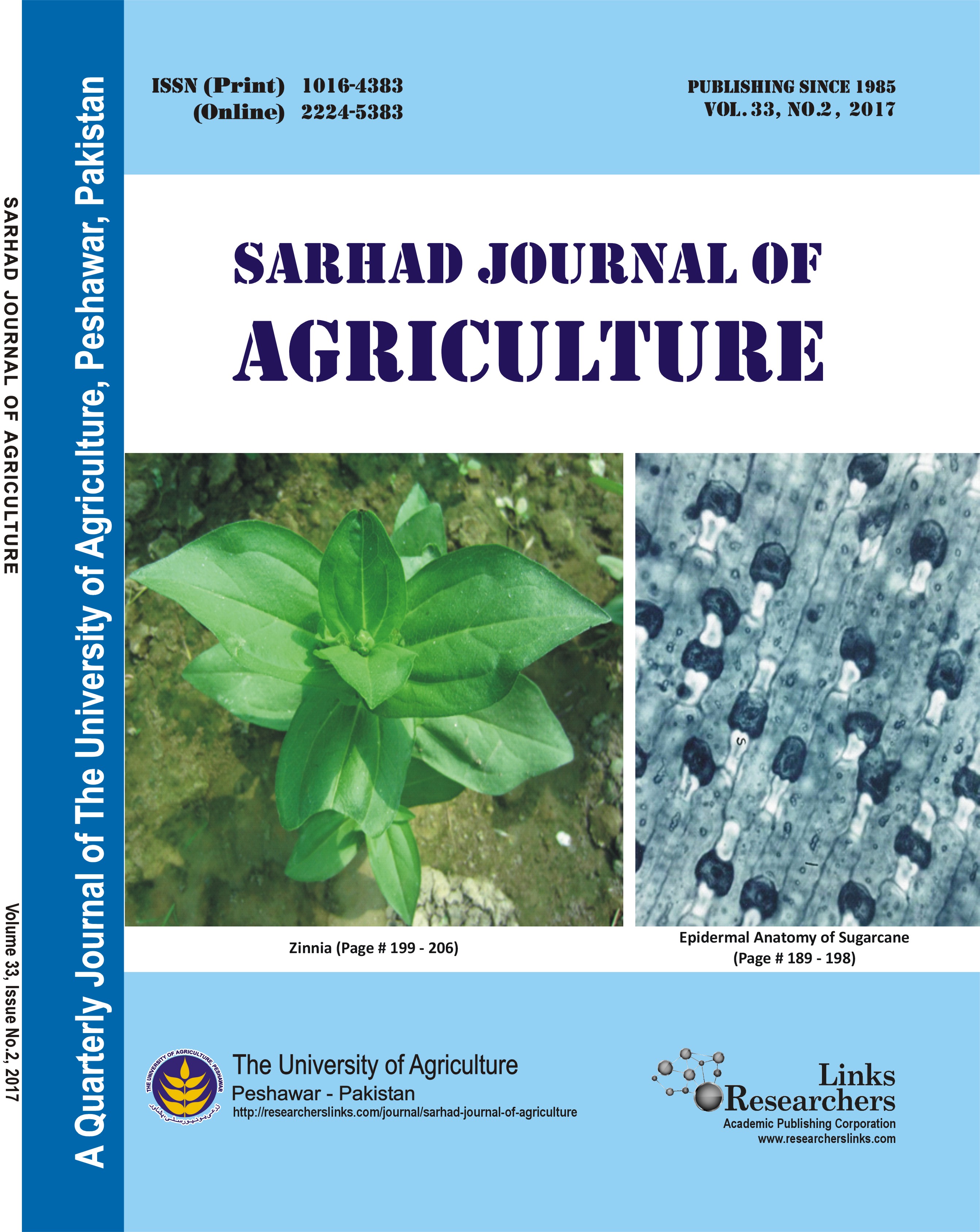1Rajiv Gandhi Chair in Contemporary Studies on Livelihood and Food Security, 2School of Agricultural Economics and Horti-Business Management, Sher-E-Kashmir University of Agricultural Sciences and Technology of Kashmir, Shalimar Srinagar, 3The Glocal University, Utra Pardesh, India; 4Central Institute of Temperate Horticulture, Rangreth Srinagar.
*Correspondence | Arshad Bhat, Rajiv Gandhi Chair in Contemporary Studies on Livelihood and Food Security; Email: bhatarshad09@gmail.com, arshadrgc@skuastkashmir.ac.in
ABSTRACT
Use of indiscriminate pesticides have severe negative impacts on human health, biosphere and ecological web-chains. Easy access and availability of pesticides has opened the sphere of choices to the growers, but the recognition of standard and sub-standard pesticides has made the growers very much perturbed and they lack confidence to rely on these pesticide outlets. By using such pesticides, the growers are being looted which in turn resulted in heavy cost involvement both visible and invisible. In this backdrop, present study attempts to highlight involvement of invisible costs in apple industry of Union Territory of Jammu and Kashmir. Defensive Expenditure Method and Willingness to Pay Model was used to estimate the costs incurred on the health and protective items purchased for reducing the impact of excessive pesticide use on health and ecosystem. Furthermore, Contingent Valuation Method was employed for knowing the willingness of the apple growers to use pesticides in biodegradable packages for reducing the environmental damage caused due to dumping of polyethene and other non-degradable bottle in the canals, streams orchards and other open spaces. The results reveal that number of sprays are positively affecting the defensive expenses and is having a negative relationship between educational attainment and defensive expenses but a positive relationship between willing to pay for purchase of biodegradable packages of pesticides and educational attainment. Likewise, gender of the respondent was also found to be having a positive relation with purchase of biodegradable bags.
To share on other social networks, click on any
share button. What are these?








